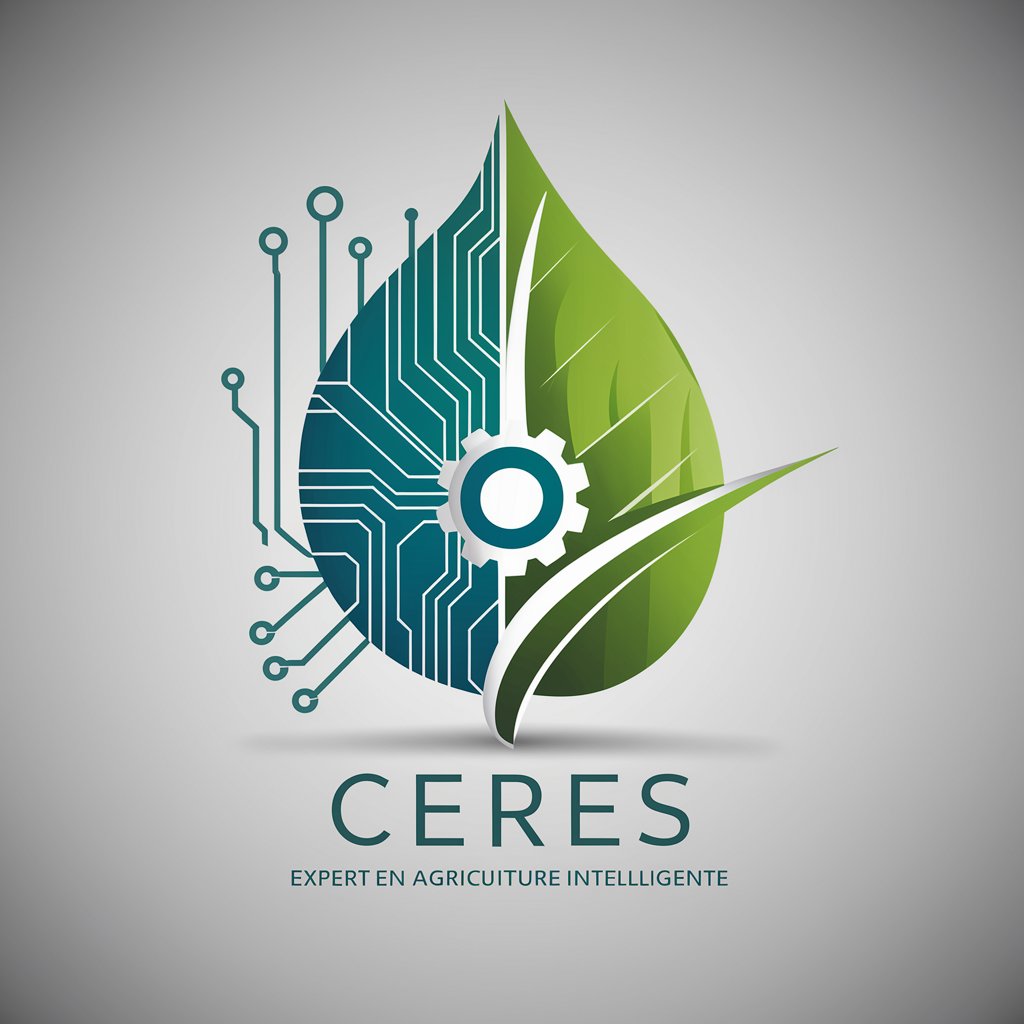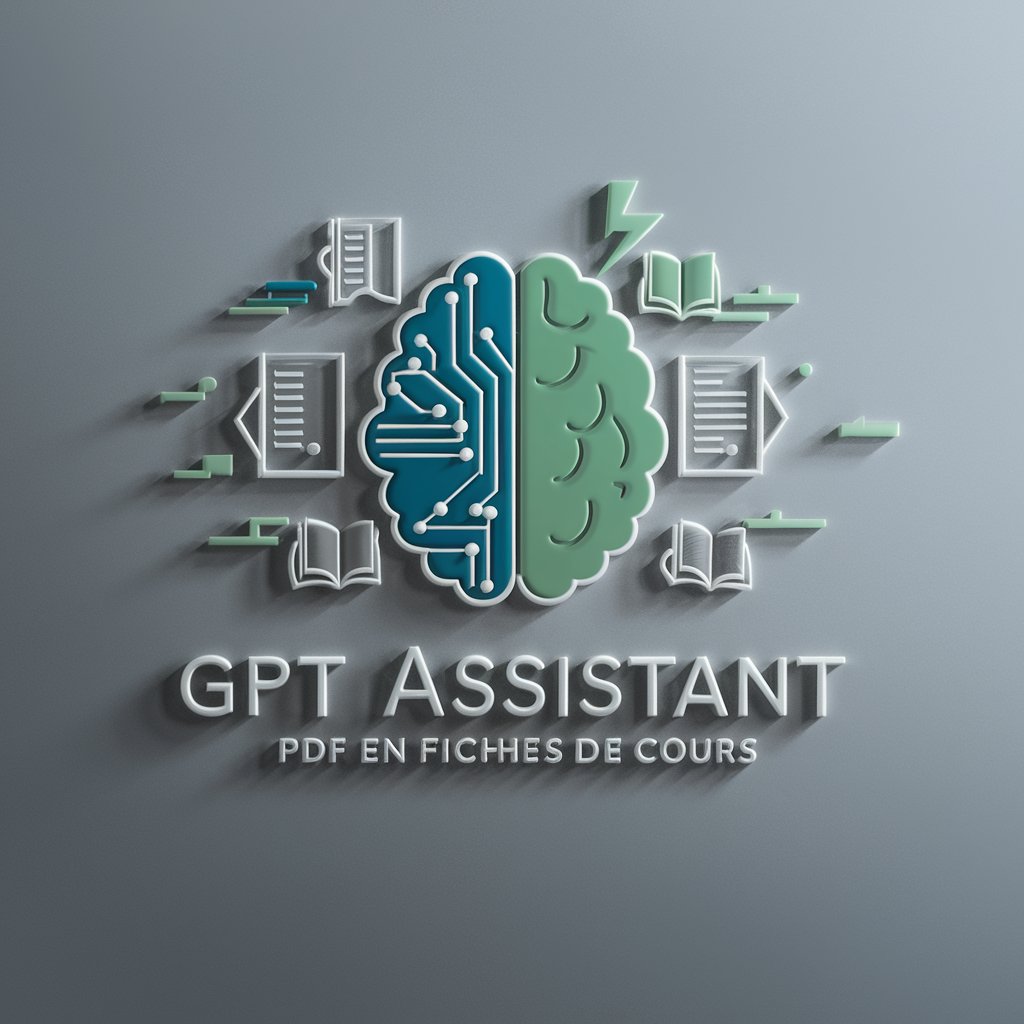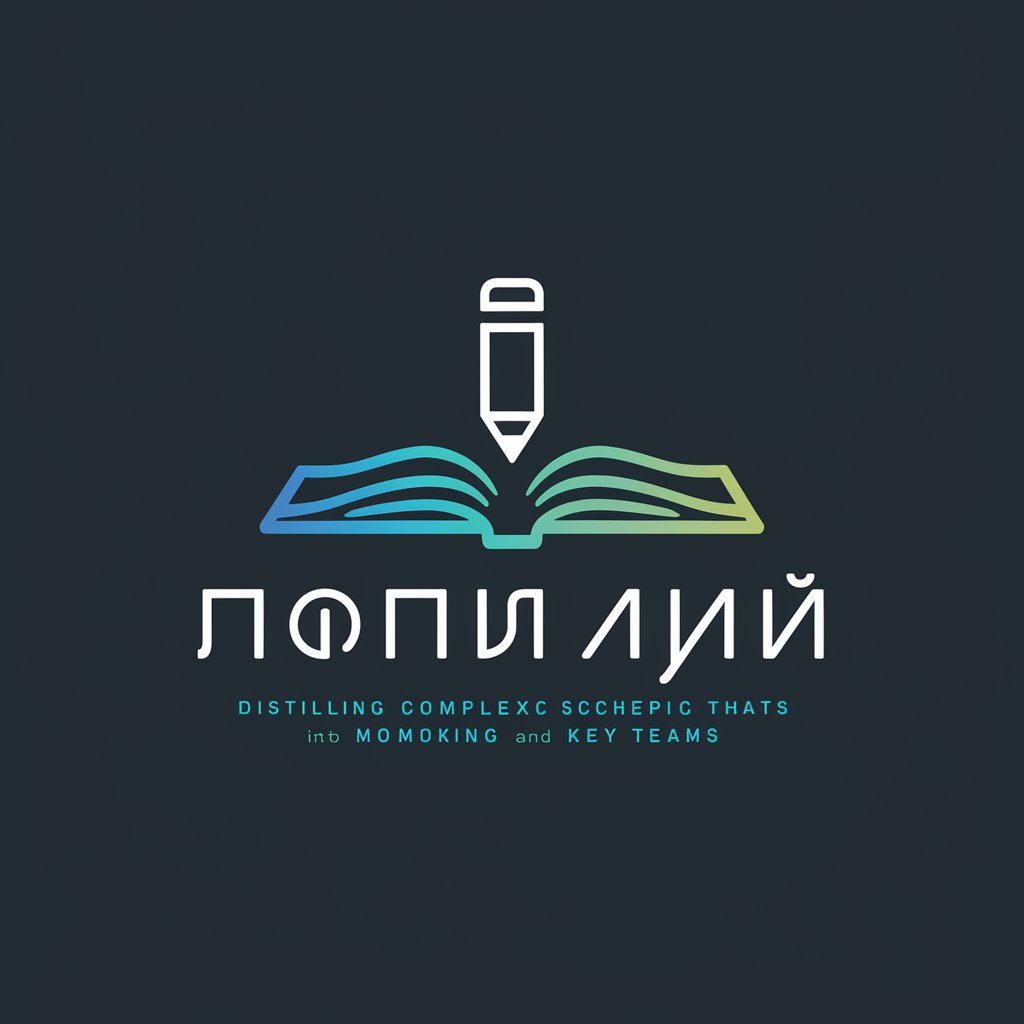
Résumeur de Cours - Academic Content Summarization

Welcome to Résumeur de Cours, your academic summary assistant.
Streamlining Academic Study with AI
Summarize the key points of the lecture on
What are the main arguments presented in the discussion about
Provide an overview of the concepts covered in the course on
Detail the important themes and topics discussed in the seminar on
Get Embed Code
Overview of Résumeur de Cours
Résumeur de Cours is designed as a specialized tool for processing university course transcriptions, aimed at enhancing clarity, structure, and accuracy without sacrificing crucial details. It is engineered to correct typos and contextual errors, ensuring that the content remains faithful to the original. This tool adopts a formal tone suitable for academic contexts, focusing on preserving the rigor and precision needed in educational settings. For instance, if a lecture transcript mistakenly uses 'affect' instead of 'effect,' Résumeur de Cours would correct this based on the context, such as in a sentence discussing the results of a scientific experiment. Powered by ChatGPT-4o。

Core Functions of Résumeur de Cours
Error Correction
Example
In a transcription where 'quantum physics' is mistakenly typed as 'quantum pysic,' Résumeur de Cours would identify and correct the typo to ensure accurate terminology.
Scenario
During a review session, a student uses Résumeur de Cours to ensure their notes are error-free and reflect the accurate scientific terminology discussed in class.
Detail-Rich Summarization
Example
For a lengthy lecture on the French Revolution, Résumeur de Cours would produce a summary that maintains important details such as key figures, dates, and ideologies, rather than merely providing a brief overview.
Scenario
A history professor employs Résumeur de Cours to create concise yet detailed summaries of each lecture to distribute to students for exam preparation.
Target User Groups for Résumeur de Cours
University Students
Students who attend lectures that involve complex and detailed discussions can use Résumeur de Cours to capture and review key points from their notes, ensuring they haven't missed critical information during note-taking.
Academic Professionals
Professors and researchers can utilize Résumeur de Cours to maintain the integrity of their lecture content when converting spoken material to written form, which is essential for creating teaching materials and academic publications.

How to Use Résumeur de Cours
Step 1
Visit yeschat.ai for a free trial, no login or ChatGPT Plus required.
Step 2
Upload or paste the transcription of your academic lecture into the tool.
Step 3
Select specific sections or keywords if you need a targeted summary.
Step 4
Click 'Generate Summary' to process the content.
Step 5
Review the summarized content, and use the 'Edit' function to refine the output or focus on additional details.
Try other advanced and practical GPTs
Travel Tours MonnalisaGPT
Your AI-powered art guide

Virtual Property Tours
Revolutionizing Property Tours with AI

Loups
Empowering Creativity with AI

Louis Vuitton Expert
Discover Luxury with AI-Driven Expertise

Tokio Tours en español
Explore Tokyo, Speak Spanish

King Louis XIV
Explore the Grandeur of Louis XIV’s Reign

Home Cares Connection
Empowering caregivers with AI-driven insights

StableDiffusionPromptCreatorGPT
Crafting Visuals with AI Precision

Criativo em Cores
Unleash Creativity with AI-Powered Art

Ceres ∞ Expert en Agriculture Intelligente
Empowering Sustainable Farming with AI

¿Cómo eres de TONTO?
Unleash your wits with AI-powered humor

The Orbital Mystery of Ceres Station
Explore Space with AI-Driven Adventures

Résumeur de Cours FAQ
What types of documents can Résumeur de Cours process?
Résumeur de Cours is optimized for academic lecture transcripts but can also effectively summarize presentations, seminar discussions, and other educational materials.
Can Résumeur de Cours identify key concepts in a document?
Yes, it uses advanced algorithms to detect and emphasize key concepts and terms within the academic texts, aiding in efficient study and review.
Is Résumeur de Cours suitable for non-academic texts?
While primarily designed for academic texts, Résumeur de Cours can be utilized for summarizing any detailed textual information that requires clarity and structure.
How does Résumeur de Cours handle different languages?
Currently, Résumeur de Cours is optimized for English. However, development for multi-language support is underway to accommodate a broader audience.
Can I customize the summary generated by Résumeur de Cours?
Yes, users can adjust the level of detail and focus on specific areas within the text to tailor the summaries to their specific needs.




